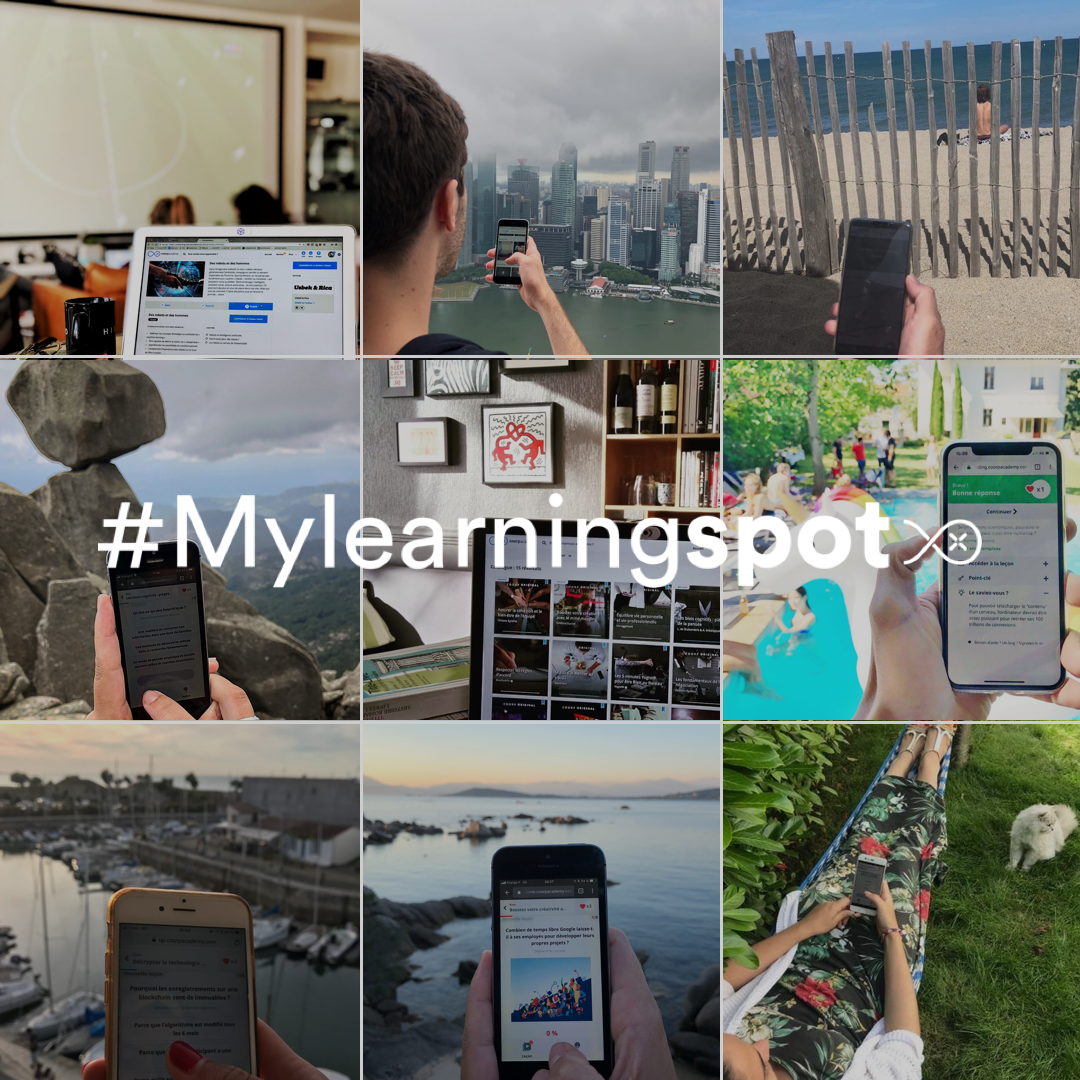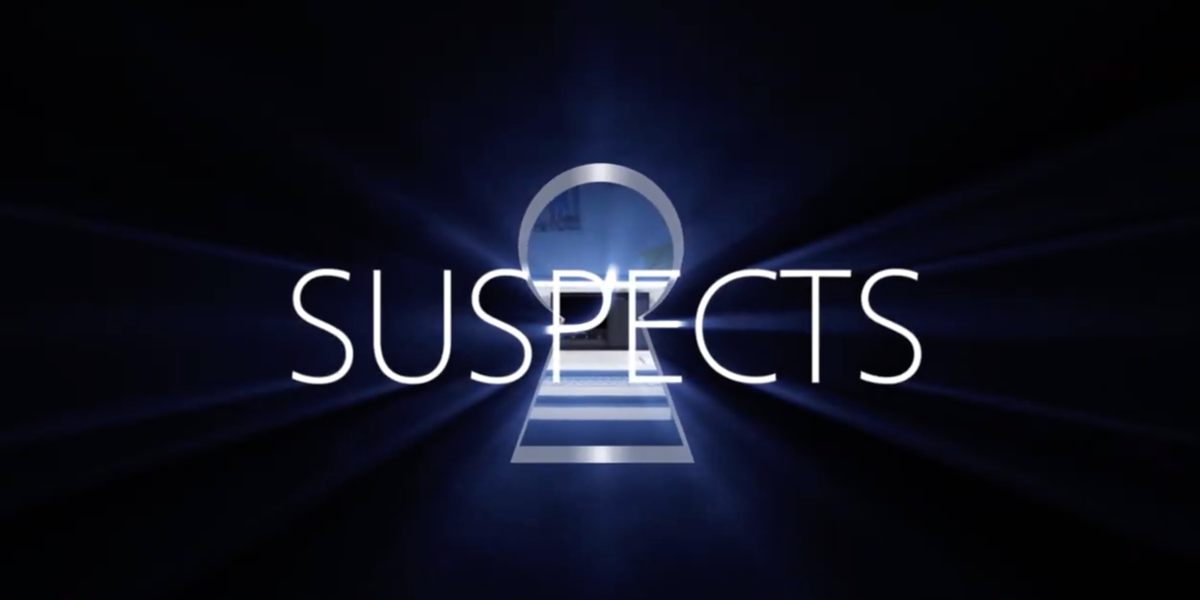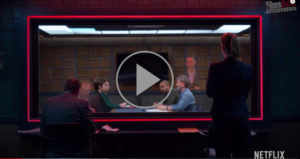It’s perfect timing. In the wake of the crisis, the concept of resilience is talked about everywhere, especially in corporate culture. Introduced by Boris Cyrulnik, the concept of resilience states that it is possible to overcome a traumatic event, to draw strength from one’s misfortunes, and to “navigate through the torrents” (Boris C). To suffer and to heal one’s wounds, in order to heal more quickly. This could be an appropriate analogy for resilience, which also reminds us of the current recovery context, compromised by a labour shortage.
In a previous article, we described the labor shortage as an opportunity. An opportunity to focus on training, to overcome this issue that companies are facing. To draw strength from one’s misfortunes, to see the glass half full, there are a thousand and one ways to describe resilience. This term, which is basically about personal growth, is sometimes debated. Isn’t it too good to be true? Can we really ignore the difficulties, the trauma, to move forward? Is it an innate disposition or can resilience be initiated within a group? In this article, we decipher this phenomenon to finally answer the question: Are we tired of resilience?
A debatable term
Turning hardship into strength sounds like an admirable notion. It is true that, on paper, we would all like to be capable of resilience, both in our personal and professional lives. Realistic, yet optimistic, resilience is the prospect of a better future, without denying the reality and harshness of life’s hazards. However, some criticize this notion, which they consider unfounded, even futile. In “Carnet de Philo“, Géraldine Mosna-Savoye, producer of the French philosophical show and lecturer, deciphers the phenomenon and states “Everybody hates resilience” (i.e. Title of the episode of 25/02/2021). According to Mosna-Savoye, the critics are formed on the following: resilience is a poisoned but well-wrapped gift that tells us “get by, show resilience, rely on your ability to bounce back on your own and you’ll see, everything will be fine, you’ll manage to overcome all the trials of the world”. Said like that, it can seem too easy. Resilience is a fashionable notion, which “is enough to give oneself a moral, empathetic and supportive content, and so much the worse if the facts, the political or ethical acts, do not follow” according to Mosna-Savoye. So, the speaker opts for hope, which would be “joy, even inconsistent”, as opposed to “the naïve and bland certainty of always getting through”, which would be resilience. But is the dilemma between these two notions so simplistic?
The joy of knowing you will always get through
If hope and resilience do not go hand in hand, then obviously the notion of resilience cannot be applied in practice. To oppose these two notions is to deny the purpose of the resilience phenomenon: to strive for a better situation. Of course, when we talk about resilience, we tend to focus on the reaction to the crisis, because this is where everything is at stake. But over time, resilience allows us to work towards a better future, a goal towards which we can move, and to grow. Hope, on the other hand, is based on the expectation of a better situation than the existing one. Waiting is not acting. And this is where hope and resilience are ultimately inseparable. Resilience, which encourages action, can only be effective if we cultivate hope, which gives individuals the necessary passion to believe in a better future, and to do everything to achieve it.
Learn to live with uncertainty, or simply to anticipate
Being resilient, showing resistance, tenacity, being able to absorb shocks, bounce back, etc. The lexical field of resilience focuses mainly on the acceptance of trauma and endurance, rather than on the fulfillment that is supposed to come from it. What resilience tells us is that in order to deal with adversity and overcome crises, accepting the situation is the first step towards action. It means “rolling up your sleeves”; “never giving up”; “pushing yourself”. From then on, accepting uncertainty, living with the unexpected, allows one to minimize the consequences, so as not to end up paralyzed, unable to make a decision.
For resilience to be constant and not just a response to each trauma encountered, anticipation is key. Some cities, such as London, have initiated preventive resilience programs. With its London Resilience Partnership website, the Anglo-Saxon capital is disseminating advice on how to visit the city in complete safety. For example, it offers a section that “identifies potential risks to the capital and the impact that these emergencies may have on Londoners”.
Positive attitude
Developing resilience may simply mean changing our perspective, opening up our interpretations, and changing our outlook on a situation. As an individual, or as an organization, we can choose to be more or less positive about a given situation. We have the choice, when faced with a traumatic event, a crisis, to interpret it as an insurmountable disaster or as an opportunity for improvement, like a difficult level that we will repeat over and over again in a video game, until we reach the next level. Positive thinking is a pillar of resilience, being able to think positively about a past crisis helps us to face a current crisis, while putting its catastrophic nature into perspective. Being resilient means seizing the opportunity to learn from every situation, the good ones, but especially the bad ones. This notion is ultimately a state of mind that can be cultivated, learned and passed on.
The pitfalls of resilience
The risk of resilience would be to think that any failure is synonymous with trauma. In France, we often tend to fear failure, equating it with the person who fails. Our perception of this notion is particularly negative, and we wrongly consider that failure is synonymous with incapacity. In her LinkedIn article “The Culture of Failure is Just a Matter of Perception” Clara Kindt describes failure as “a deep disappointment in the face of unmet expectations” and suggests changing our perception of this phenomenon. “When we don’t know, we learn and only then we know. In the end, only people who don’t try don’t fail.” she summarizes. By developing resilience, one also learns to fail and to develop a “culture of failure”, inspired by the Anglo-Saxon, Scandinavian or Latin American mentalities, for example, which advocate assuming mistakes and imperfections. The challenge is not to value failure, but to put it into perspective, in order to draw the right conclusions that will guide our future actions.
Another criticism often made to resilience is that it values the suffering of others, as a kind of competition to see who can bounce back the highest, the fastest or the most skillfully. Yet we all face obstacles and difficulties, both personally and professionally. The goal of resilience is not to determine who suffers the most, nor who will be the most resistant. It is first and foremost a philosophy that translates into a corporate culture that promotes the right to make mistakes, the ability to deal with adversity and that stimulates employees’ hope.
But are we all capable of bouncing?
Let’s take the example of two balls: one bounces, the other does not. One is bouncy, the other is made of a material that does not allow it to bounce. Finally, it is a bit the same for individuals. Some people are born with it, others have a harder time absorbing shocks. Nevertheless, and this is what differentiates us from the two balls mentioned above, it is possible to work on one’s ability to bounce back, because resilience can be learned and maintained. Many factors can help or hinder the development of this notion. For example, the environment that surrounds us can strengthen or diminish our resilience. The people around us play a crucial role in the way we perceive a given situation. In business, the same is true. The environment in which the teams evolve as well as the interactions between collaborators are determining factors in developing the collective resilience of the teams, which will allow the company to move forward through the difficulties. The recipe for corporate resilience is therefore composed of one main ingredient: soft skills. Listening, leaving room for emotions, putting oneself in the place of others, working autonomously, etc. The manager plays a central role in fostering the resilience of his teams.
In conclusion, individual resilience is an incredible strength. Without being a miracle skill, being resilient allows you to move towards a better situation, or at least, it allows you to improve enough to move forward serenely, and to find pleasure in your work. However, this soft skill is above all a state of mind, unlike a tool that can be used on an ad hoc basis, resilience is nourished by our experiences and by the way we interpret the situations we face. In “Autobiography of a Scarecrow“, Boris Cyrulnik writes: “those who take a long time to recover from trauma or never recover from it are those who have been abandoned by the group”. Resilience is also contagious. A resilient group is not just made up of individuals who are prepared for anything and are ultra-resistant. On the other hand, following a crisis, group cohesion reinforces resilience, because as trite as it may sound, there is strength in numbers.
Individual resilience is a tool for employee development, but organizational resilience is one of the essential conditions for moving forward collectively in an uncertain world.
To move from individual resilience to organizational resilience, discover the eponymous course co-published with Management Magazine.






![International partnership: Coorpacademy will distribute Cegos e-learning solutions in Europe [Press Release]](https://www.coorpacademy.com/wp-content/uploads/2020/06/Partnership-between-Cegos-and-Coorpacademy.png)
